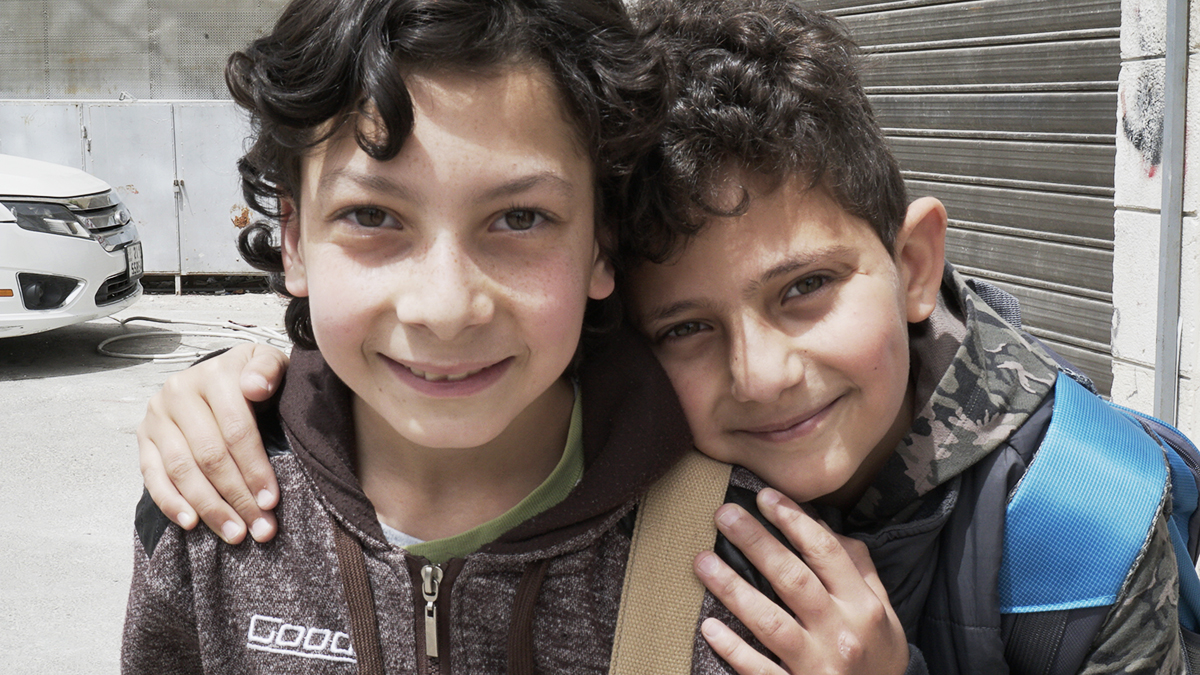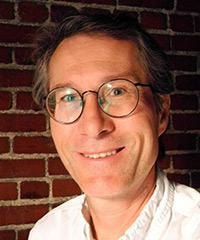
Dr. Andrew Cline was supposed to be writing a book.
Cline, an associate professor in media, journalism and film said, “I was planning a book about Millennials and Boomers moving back into downtown. But I was sitting with my wife one day, and she said, ‘I noticed you’re not really getting after this project. What’s wrong?’”
Well, he explained, he didn’t really feel like writing another book. What he wanted was to make a movie.
“So my wife said, ‘Then why don’t you make a movie about it?’”
This conversation led to the founding of Carbon Trace Productions and the feature length documentary “Downtown,” which won Best Film in the Urban Sociology category of the 2016 New Urbanism Film Festival.
And it ultimately led to a new project that draws attention to the mental health crisis faced by children caught up in the Syrian civil war.
“Syrian Doctor”
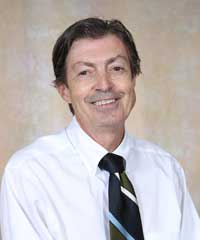
Cline began his career as a news photographer, so he had a background in visual storytelling. Still, he called the transition into documentary filmmaking, “a big leap. Before working on ‘Downtown,’ I’d never put together a news video more than two minutes long,” he said. “Going out to 75 or 90 minutes was a big deal. But, you know, I did it, and we learned a lot. So why not keep going?”
He found an opportunity to keep going through an interdisciplinary collaboration with English department head Dr. W.D. Blackmon, who’d recently co-authored a memoir with Dr. Tarif Bakdash.
“Inside Syria: A Physician’s Memoir” chronicles Bakdash’s life growing up in Syria and his experiences as a pediatric neurologist working with the Syrian American Medical Society (SAMS) to treat Syrian refugees.
Blackmon and Cline sensed the multimedia potential for this story, and SAMS provided funding for a filming trip to document its work in the refugee camps.
In April 2017, Blackmon, Cline and a team from Carbon Trace (including Shane Franklin and Missouri State alumni Shannon Cay Bowers and Taye Taye, who served as cinematographer) spent a week filming in Jordan.
The footage they gathered is currently being edited for a short film, “Souriyat,” named for a rehabilitation and education center in Amman, Jordan.
It also serves as the core of a documentary with the working title “Syrian Doctor.”
Documenting “human devastation syndrome”
When asked to describe the project, Cline said, “There is a mental health crisis, specifically involving Syrian children who have been displaced by war or born in refugee camps. (SAMS physician) Khaled Hamza has coined a new term for it: ‘human devastation syndrome,’ which is worse than posttraumatic stress disorder. The idea is that you’re rapidly coming to a situation where a large percentage of Syrian children are having their lives completely torn apart by war, and this is exactly the generation that’s going to have to rebuild Syria. So this is what the documentary is about — the mental health crisis of Syrian children, created by the civil war.”
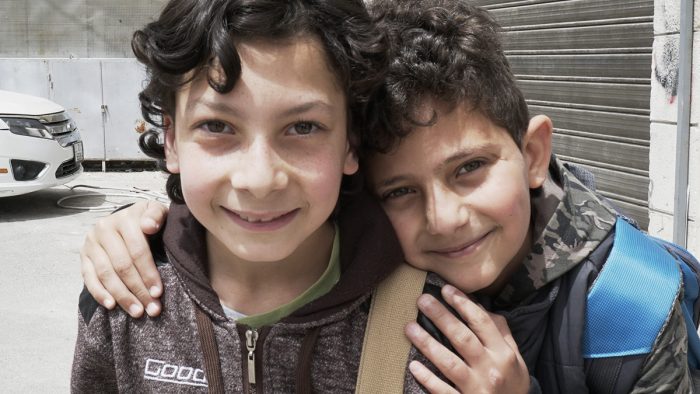
Cline hopes the documentary will inject fresh humanity and compassion into a topic that many may feel is too big to comprehend. “Yes, it deals in big numbers,” he said. “Eleven million Syrian refugees, and more than half are children.”
The global nature of the story presents multiple options for finishing the documentary. With enough funding, Cline can travel to refugee camps in Turkey and Greece, comparing and contrasting the potential paths for families fleeing the war in Syria. On a smaller budget, he can work with SAMS physicians to identify a family in North America and follow their journey of recovery from the war.
In pursuit of the complete story
Sharing the complexity of these experiences can be challenging; in part, Cline said, “because journalism is always somewhat incomplete.” And in some sense, his new role as documentarian is an extension of his reporter’s drive to tell more complete stories.
“In any single bit of news coverage, it’s impossible to represent reality in the way that all parties subject to this news understand it. I think journalism is poorly taught when we use that ‘both sides of the story’ metaphor. There are so many sides to a story that thinking of it as having two sides actually harms good journalism, which is why I tell students, ‘Good journalism unfolds over time.'”
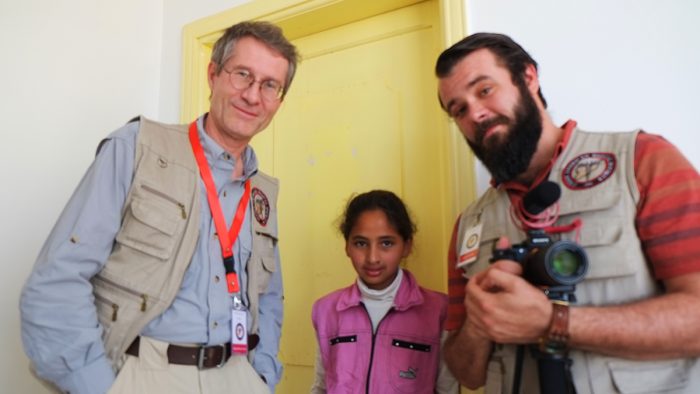
“Good citizenship,” Cline continued, “also unfolds over time. It requires a good citizen to pay attention — read, watch and listen more deeply, so a documentary like this becomes a piece of that. What I hope people will see in this film is a bit of the story they’re not seeing in the news.”
Learn more
- Check out Andrew Cline’s interview on Missouri State Journal
- Follow “Syrian Doctor” news on the MJF blog
- Connect with Carbon Trace Productions

